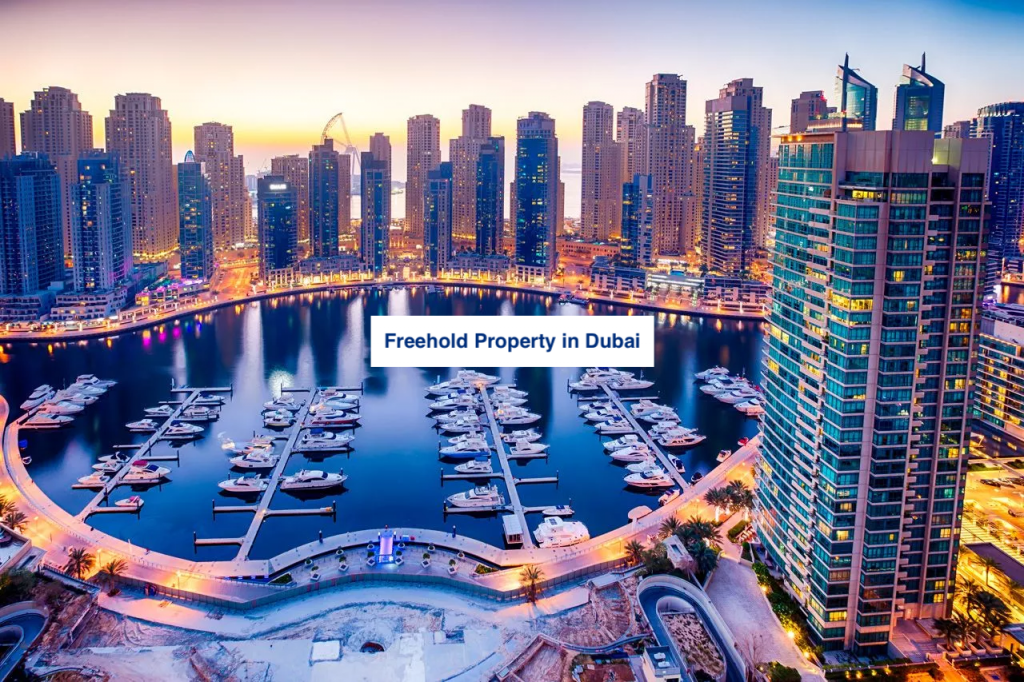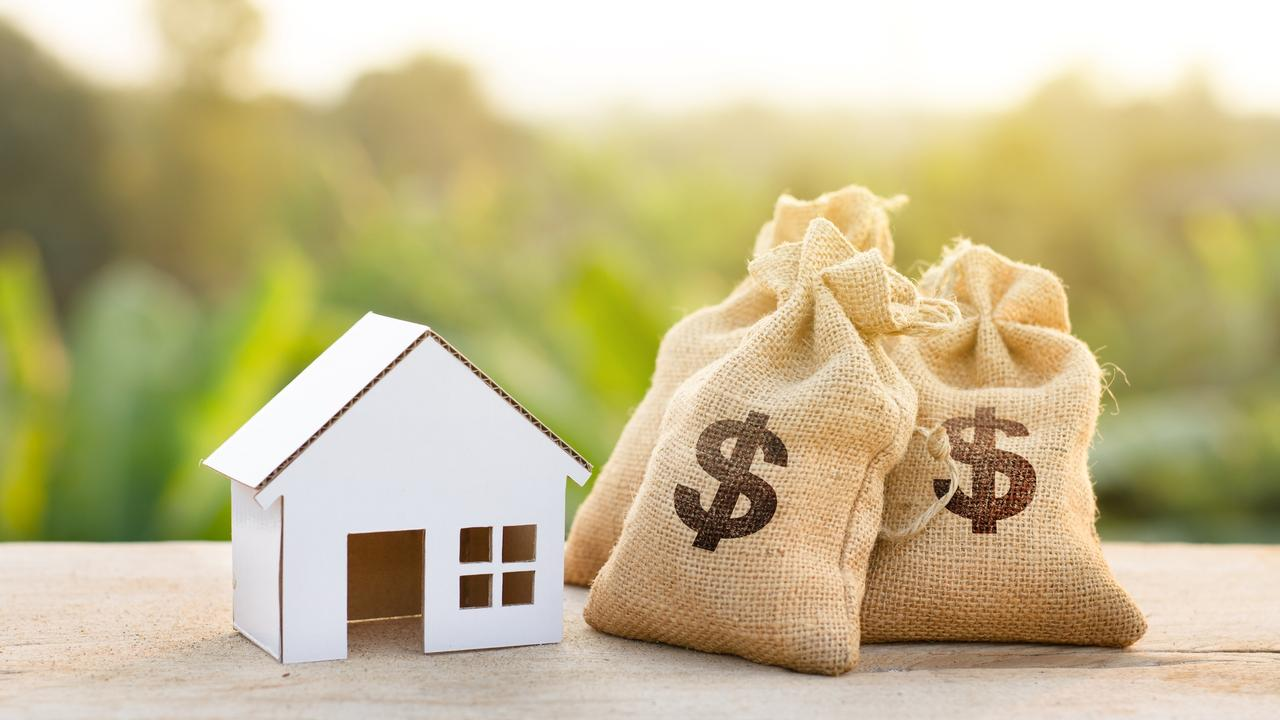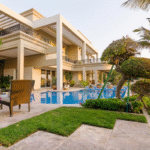Now Reading: Dubai Property Market: 6 Tax Questions Every Foreign Buyer Asks in 2025
-
01
Dubai Property Market: 6 Tax Questions Every Foreign Buyer Asks in 2025
Dubai Property Market: 6 Tax Questions Every Foreign Buyer Asks in 2025

Table of Contents
Dubai’s real estate market in 2025 is a global investment hub, with 99,000 transactions worth AED 326.7 billion in H1 and projected 5-9% price growth, per Dubai Land Department (DLD) data. Foreign buyers, drawn by 6-10% rental yields and no personal income tax, capital gains tax, or annual property tax, dominate freehold zones like Palm Jumeirah and JVC.
First-time residential sales are zero-rated for VAT (0%), and Qualifying Free Zone Persons (QFZPs) in Jebel Ali Free Zone enjoy 0% corporate tax if non-qualifying mainland income is below 5% or AED 5 million. The First-Time Home Buyer Program, launched July 2025, offers 5% discounts on properties up to AED 5 million, and Golden Visa eligibility for AED 2 million+ investments adds appeal.
Below are six common tax-related questions foreign buyers ask, with answers to guide investments in Dubai’s tax-advantaged market.
1. Do I Pay Annual Property Tax in Dubai?
No, Dubai imposes no annual property tax on residential or commercial properties, unlike many global markets with 1-3% yearly levies. Foreign buyers in freehold zones like Downtown Dubai or Dubai Hills Estate face only a one-time 4% DLD transfer fee (e.g., AED 80,000 on a AED 2 million apartment) and service charges (AED 10-53.7/sq.ft.), per DLD regulations.
For a AED 3 million JVC apartment yielding 8% (AED 240,000 annually), all rental income is tax-free, boosting net returns compared to cities like London (2.4% yields after tax). Verify service charges via RERA’s Mollak system and budget for a 2% agency commission (+5% AED 60,000 on AED 3 million, VAT) to plan costs accurately.
2. Is There VAT on Buying a Residential Property?
First-time purchases of new residential properties, such as apartments in Dubai Marina or villas, are zero-rated for VAT (0%), saving 5% compared to commercial properties, per Federal Tax Authority (FTA) rules. For a AED 4 million Palm Jumeirah apartment, this avoids a AED 200,000 VAT charge.
Subsequent sales and residential leases are VAT-exempt, ensuring tax-free rental income (e.g., AED 280,000 at 7% yield). Hotel apartments or commercial units face 5% VAT, adding AED 100,000 to a AED 2 million purchase. Confirm residential classification via DLD title deeds and purchase directly from developers to avoid VAT on agency fees (2% + 5% VAT), maximizing tax savings.
3. Will I Pay Capital Gains Tax When Selling?
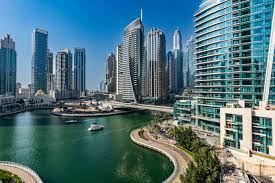
No, Dubai imposes no capital gains tax (CGT) on property sales, whether residential or commercial, for individuals or entities, per UAE tax law. Selling a AED 2 million JVC apartment bought for AED 1.5 million yields a AED 500,000 profit, fully tax-free. However, foreign buyers must account for home-country CGT.
U.S. investors report gains on IRS Form 1040, facing 0-20% CGT, offset via Form 1118 under the U.S.-UAE Double Taxation Agreement (DTA). Indian investors report on ITR-2/3, complying with the Liberalised Remittance Scheme ($250,000 limit). Consult a cross-border tax advisor and obtain a UAE Tax Residency Certificate (TRC, AED 1,000) for DTA benefits if spending 183+ days in the UAE.
4. Are Rental Income Taxes Applicable?
Individuals face no personal income tax on rental income in Dubai, per UAE tax law. A AED 3 million Downtown Dubai apartment yielding 7% (AED 210,000 annually) generates tax-free rent. Corporate entities, however, pay 9% corporate tax on rental profits above AED 375,000, unless structured as a QFZP in Jebel Ali Free Zone, which offers 0% tax if mainland income is below 5% or AED 5 million.
For a AED 350,000 rental income, a QFZP saves AED 31,500 in tax. Setup costs AED 15,000-25,000. Muslim investors account for 2.5% Zakat (e.g., AED 5,250 on AED 210,000). Verify RERA-compliant lease agreements and consult tax advisors for optimal structuring.
5. Can I Avoid Corporate Tax on My Investment?
Yes, foreign buyers can avoid corporate tax by holding properties as individuals, as only entities face 9% tax on profits above AED 375,000, per Federal Decree-Law No. 47 of 2022. Alternatively, establish a QFZP entity in Jebel Ali Free Zone for 0% corporate tax on rental or sales income, provided non-qualifying mainland income stays below 5% or AED 5 million.
For a AED 5 million Business Bay portfolio yielding AED 350,000, this saves AED 31,500 annually. Use DIFC or RAK ICC entities to bypass 9% rental tax. Ensure compliance with FTA’s substance requirements (e.g., local office) and budget setup costs (AED 15,000-25,000) to secure tax-free returns.
6. What Home-Country Tax Risks Should I Consider?
Foreign buyers face home-country tax obligations despite Dubai’s tax-free status. U.S. citizens report worldwide income on IRS Form 1040, with rental income taxed at 10-37% and capital gains at 0-20%, offset via Form 1118 under the U.S.-UAE DTA; the $130,000 Foreign Earned Income Exclusion doesn’t apply to passive income.
Indian buyers report foreign assets on ITR-2/3, facing 20-30% tax on rental income, and comply with the Liberalised Remittance Scheme ($250,000 limit). UK buyers report via Self-Assessment, with 20-45% income tax. Obtain a TRC (AED 1,000) for 183+ days in the UAE to leverage DTAs, and consult cross-border tax advisors to minimize liabilities, especially for high-value assets like AED 4 million Palm Jumeirah units.
Why These Questions Matter
These tax questions address core concerns for foreign buyers, ensuring clarity in a market with AED 761 billion in 2024 transactions, per DLD. Dubai’s 0% income, capital gains, and property taxes, plus 0% VAT on first-time residential sales, save 5-10% versus global markets, but home-country taxes and corporate structures add complexity.
Hidden costs like 4% DLD fees (AED 80,000-200,000), 2% commission (+5% VAT), and service charges (AED 10-53.7/sq.ft.) require budgeting. RERA’s Mollak system, escrow accounts, and 90-95% occupancy rates mitigate risks, while 10-12% rent growth and Golden Visa perks drive demand.
Tax Optimization Strategies
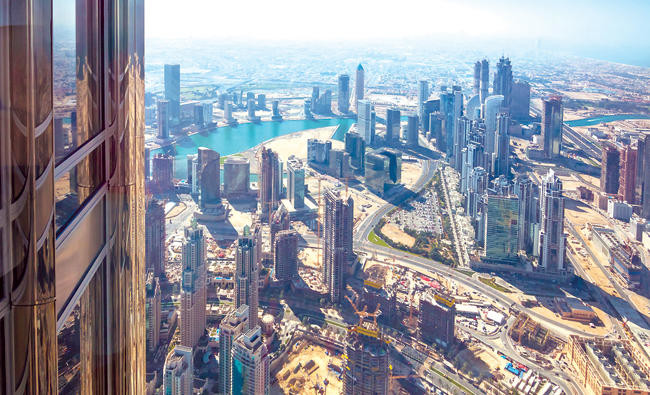
- Use Dubai REST: Register for First-Time Home Buyer discounts (5% on AED 5 million) and track DLD compliance.
- Verify Residential Status: Confirm via DLD title deeds to avoid 5% VAT on commercial units.
- Hold as Individuals: Avoid 9% corporate tax on rentals or sales, or use QFZP entities for 0% tax.
- Leverage DTAs: Obtain a TRC and file U.S. Form 1118, Indian ITR-2/3, or UK Self-Assessment for tax credits.
- Budget Fees: Plan for 4% DLD, 2% commission (+5% VAT), conveyancing (AED 6,000-10,000), and service charges.
- Negotiate Off-Plan Deals: Secure DLD waivers or 5-15% discounts for tax-free savings.
- Account for Zakat: Muslim buyers calculate 2.5% on rental income (e.g., AED 5,000 on AED 200,000).
Outlook for Dubai’s 2025 Property Market
Dubai’s 6.2% GDP growth, Economic Agenda D33, and infrastructure like Metro Blue Line and Al Maktoum Airport fuel demand, per DLD. Despite 76,000 new units, 90-95% absorption rates and RERA protections mitigate oversupply. Off-plan sales (70% of Q1 2025) and developer incentives like 5-20% discounts or DLD waivers enhance affordability. With 25 million tourists and freehold expansion, Dubai remains a tax-advantaged haven for foreign investors.
Conclusion
Foreign buyers in Dubai’s 2025 property market benefit from no annual property tax, VAT on first-time residential sales, capital gains tax, or personal income tax, but must navigate home-country taxes and corporate structures. By addressing these six tax questions covering property tax, VAT, CGT, rental income, corporate tax, and home-country risks investors can maximize 6-10% yields and 8-15% capital gains. Strategic planning, QFZP entities, and DTA compliance ensure Dubai’s tax-free market delivers unmatched returns.
read more: Dubai Real Estate: 5 Zones Where Freehold Means Tax Freedom in 2025



